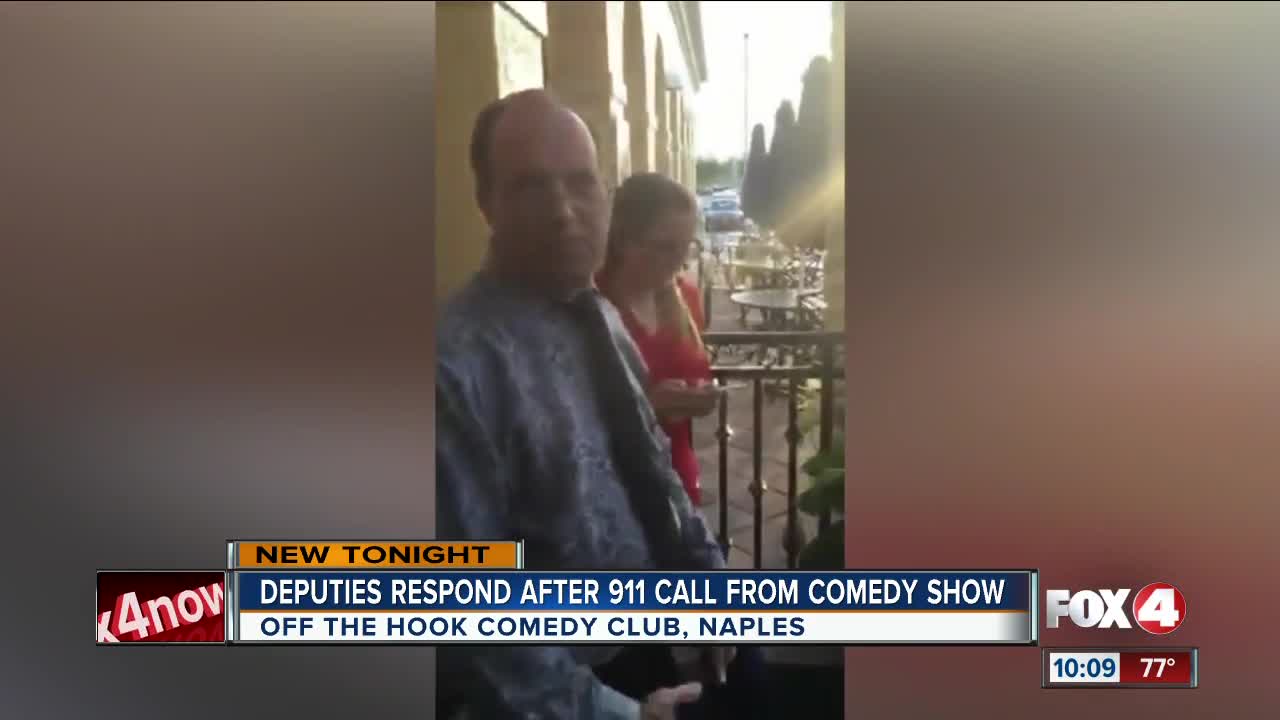

911 Jokes: A Light-Hearted Look At Dark Humor
In an age where humor often intersects with serious topics, 911 jokes have emerged as a unique form of comedy that stirs both laughter and debate. These jokes, which often reference emergency situations and the 911 emergency response system, can be seen as a coping mechanism or a way to find levity in dark times. However, they also raise questions about appropriateness and sensitivity in humor. In this article, we will explore the intricacies of 911 jokes, their origins, their impact, and the fine line between humor and insensitivity.
As we delve into this topic, it's essential to understand that humor is subjective. What one person finds hilarious, another may deem offensive. This article will provide insights into the social context of 911 jokes, the psychology behind them, and how they fit into the broader category of dark humor. Moreover, we will discuss the implications of sharing such jokes and the responsibility that comes with them.
Join us on this journey as we dissect the phenomenon of 911 jokes and their place in contemporary humor. Whether you are a fan of dark comedy or prefer more traditional forms of humor, this exploration will enlighten you on the nuances of this unique genre.
Table of Contents
- The History of 911 Jokes
- The Importance of Humor in Crisis
- The Psychology Behind Dark Humor
- Examples of 911 Jokes
- Public Reactions to 911 Jokes
- The Responsibility of Humor
- Conclusion
- Further Resources
The History of 911 Jokes
The concept of using humor to address serious issues is not new. Jokes about emergencies and crises can be traced back to the early days of comedy. 911 jokes specifically gained traction in the wake of significant events that challenged societal norms and expectations.
The Emergence of Dark Humor
Dark humor often surfaces in response to tragedies as a way for individuals to cope with fear and anxiety. The events of September 11, 2001, marked a turning point for 911 jokes in popular culture. The shock and trauma experienced led some to seek solace in humor as a form of resilience.
The Role of Social Media
With the rise of social media platforms, sharing 911 jokes became easier and more widespread. Memes, tweets, and posts allowed for rapid dissemination of humor, leading to both amusement and outrage. The accessibility of these jokes raised questions about the boundaries of appropriateness.
The Importance of Humor in Crisis
Humor has long been recognized as a coping mechanism during difficult times. The reasons behind this phenomenon include:
- Stress Relief: Laughter can reduce stress hormones and promote relaxation.
- Connection: Sharing jokes can create bonds among individuals facing similar challenges.
- Perspective Shift: Humor can help individuals gain a different perspective on their hardships.
The Psychology Behind Dark Humor
The psychology of dark humor offers insights into why some people find 911 jokes funny. Key aspects include:
- Cognitive Dissonance: Dark humor allows individuals to confront uncomfortable truths in a less threatening way.
- Superiority Theory: Some find humor in feeling superior to those in unfortunate situations.
- In-group vs. Out-group Dynamics: Jokes can create a sense of belonging among those who share similar views on humor.
Examples of 911 Jokes
While sharing examples of 911 jokes, it's crucial to approach this section with sensitivity. Here are a few light-hearted takes that highlight the absurdity of some emergency situations:
- “Why did the emergency call go to the party? Because it had too many emergencies to handle!”
- “I called 911 and asked if they could send me some pizza. They told me that was not an emergency.”
- “Why did the firefighter break up with his girlfriend? She kept bringing up all the small fires.”
Public Reactions to 911 Jokes
The reception of 911 jokes varies widely among audiences. Some find them hilarious, while others consider them distasteful. Public reactions are often influenced by:
- Cultural Background: Different cultures have varying thresholds for acceptable humor.
- Personal Experience: Individuals affected by emergencies may react negatively to such jokes.
- Context: The setting in which jokes are shared can impact their reception.
The Responsibility of Humor
In a world where humor can often tread into sensitive territory, it is essential for comedians and individuals alike to consider their audience and the potential impact of their words. Key considerations include:
- Empathy: Understanding the feelings of those affected by emergencies is crucial.
- Context Matters: Timing and setting can greatly influence the appropriateness of a joke.
- Intent: The intention behind sharing a joke should be to uplift, not to offend.
Conclusion
In conclusion, 911 jokes represent a complex interplay of humor and sensitivity. While they can provide relief and laughter, it is vital to approach them with caution and awareness of their impact. The balance between humor and empathy is delicate, and navigating it requires a thoughtful approach. We encourage readers to reflect on their personal boundaries regarding humor and to consider the implications of sharing such jokes.
If you have thoughts on this topic or want to share your favorite jokes (keeping sensitivity in mind), feel free to leave a comment below! And if you enjoyed this article, consider sharing it with friends or exploring more content on our site.
Further Resources
For those interested in exploring more about the psychology of humor and its implications, consider checking out the following resources:
- Psychology Today - The Basics of Humor
- NCBI - The Role of Humor in Coping
- ScienceDirect - Dark Humor and Coping Strategies
Rossif Sutherland: The Rising Star Of Canadian Cinema
Unveiling The Mystery: ThousandHunny Real Name Explained
Mononoke Phantom In The Rain Explained: Understanding The Depths Of Emotion


